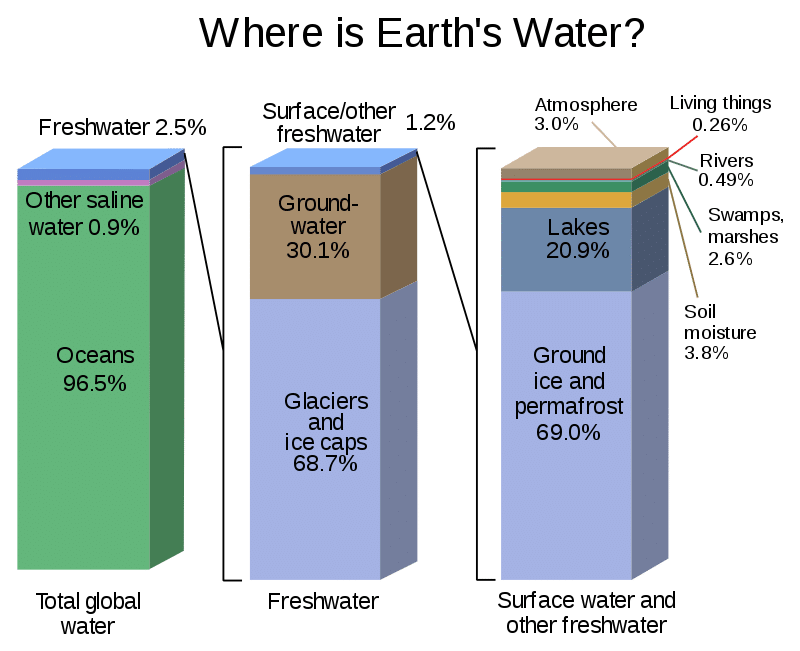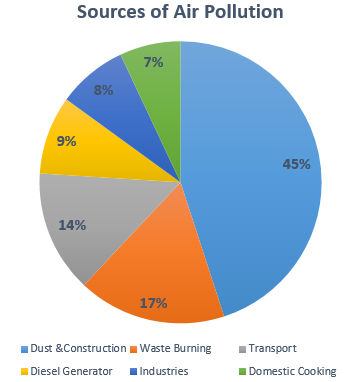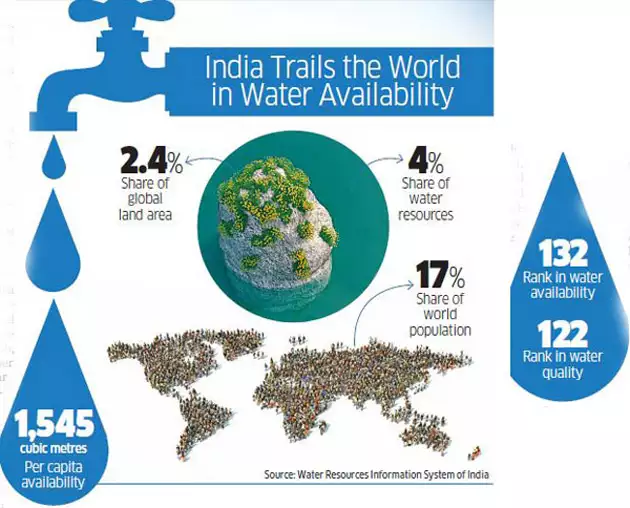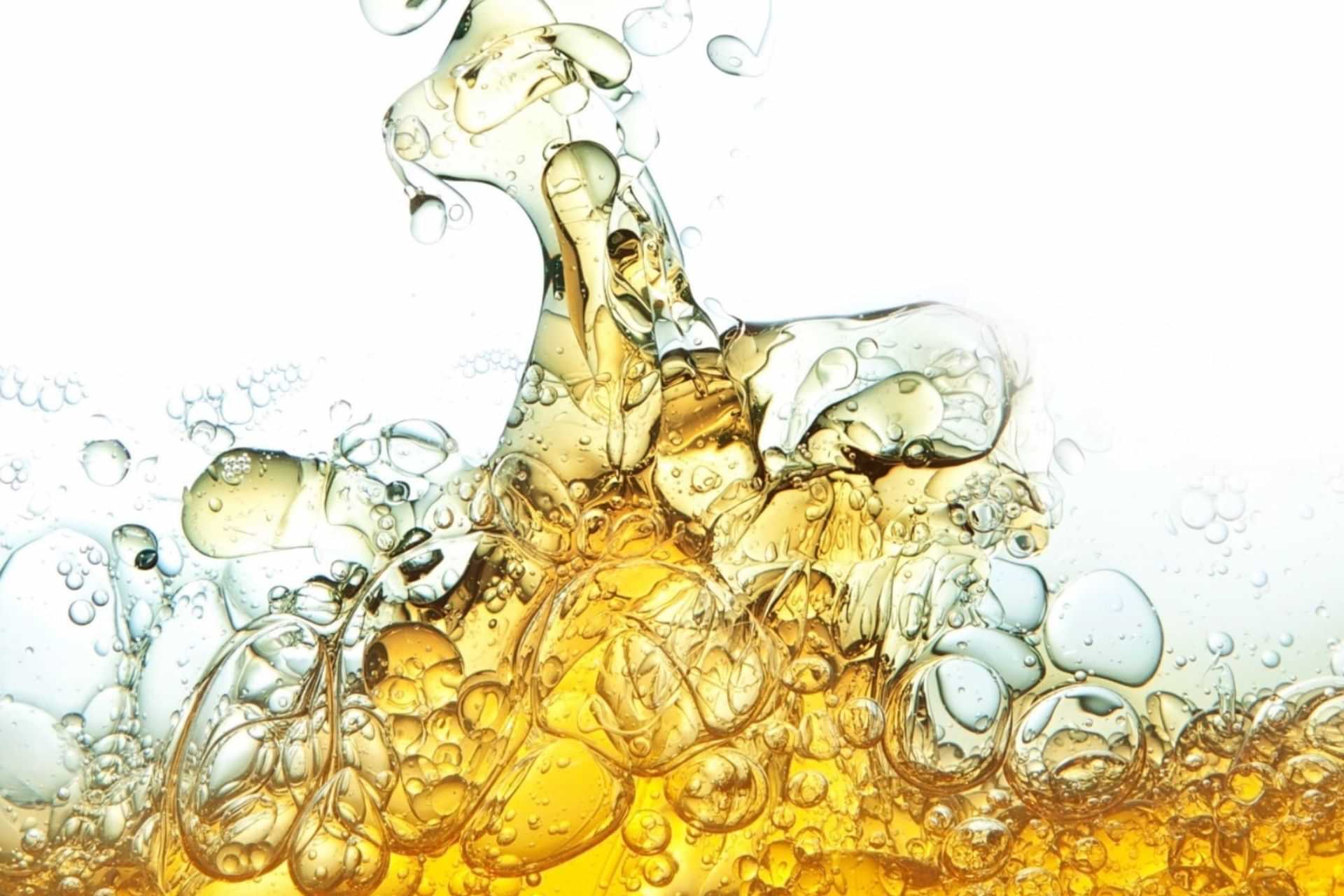- About
- Industries
- Products
- Wastewater Treatment
- Conventional Effluent Treatment: AQUASEP
- Toxic Refractory < 60,000 COD Removal: Catalytic Hydro-oxidation CHD-Ox
- Wet Air Oxidation for TOXIC > 60,000 COD : THERMOX
- Nanobubbles in Water Treatment: NANOPOREX-E
- Chemical-Free Cooling Tower Technology – A Sustainable Solution: ZEPHYR
- MVR for ZLD: Vapozem
- Membranes in wastewater Treatment: PROMEM
- TSS removal and Product recovery using Ceramics: PORESEP
- Heavy Metals and Trace Contaminant removal using Resins: SORBION
- Improving Efficiency of your sand bed filters: NANOMATRIX
- Choosing the Right technology for Wastewater treatment: Wastewater Treatability Studies’
- Reduce/Recover Oil from Wastewater: DISORB
- Produced Water Treatment: PWT
- Non Biofouling Membranes in wastewater Treatment: PROMEM-B
- Advanced Bioaugmentation Culture: BIOPORE
- Cavitation using Ultrasonics: RUSONICS-E
- Oxygen Generator System for Industries: OXYLIFE
- Process Solutions
- Precious Metal catalyst Filtration: CONTUFILT-M
- Activated Carbon Filtration: CONTUFILT-AC
- Raney Nickel Catalyst Filtration: CONTUFILT-RN
- Hot Gas Filtration: CONTUFILT – MH
- Biosolids removal using ceramics: PORESEP
- MVR for ZLD: VAPOZEM
- Ion Exchange-based RESINS: SORBION
- Dehydrating solvents by Zeolite Membranes: SOLVOSEP
- HiGee Continuous Distillation: ROTASEP
- Molecular Separation by Membranes: PROMEM
- Filtration & Separation
- Precious Metal catalyst Filtration: CONTUFILT – M
- Activated Carbon Filtration: CONTUFILT-AC
- Raney Nickel Catalyst Filtration: CONTUFILT-RN
- Hot Gas Filtration: CONTUFILT – MH
- Ceramic Dynamic Membrane Filtration: PORESEP
- MVR for ZLD: Vapozem
- Nano-Bubbles Improve Process Efficiency: NANOPOREX
- Alternate to Continuous Distillation / Rectification: ROTASEP
- Liquid-Liquid Extraction Mixer Settler: SEPARIX
- Ion Exchange-based RESINS: SORBION
- Pervaporation: Dehydrating Solvents and Separating Mixtures: SOLVOSEP
- Cartridges & Filter Bags: FLOWSEP™
- Molecular Separation by Membranes: Recovery and Isolation: PROMEM
- Colour / Organics / VOC Removal: CARBOSORB
- Oxygen Generator System for Industries: OXYLIFE
- RUSONIC – Sonochemistry
- Magnetic Separator Technology: MAG-Filt
- Wastewater Treatment
- Resource
- Contact Us
Pioneering Filtration Solutions in India
Elevating Lives and the Environment
In the intricate web of our daily lives, filtration stands as a pivotal process with far-reaching impacts. From delivering safe drinking water to powering industrial processes, its significance cannot be overstated. The dynamic landscape of India, a country marked by its diversity and rapid development, underscores the urgency of effective filtration solutions. Against the backdrop of challenges spanning water scarcity, air pollution, and industrial waste, filtration emerges as a bedrock necessity. In this discourse, we plunge into the profound importance of filtration in India, navigating through its myriad applications, persistent challenges, and the trailblazing solutions that strive to surmount them.
1. Water Purity: A Universal Right
Challenge: India, accommodating 17% of the global population, grapples with just 4% of the world's freshwater resources. A staggering 200 million Indians lack access to uncontaminated drinking water, while 70% of the country's water sources are tainted by pollutants. The pursuit of access to clean, safe water is a fundamental human prerogative. In a nation characterized by a burgeoning populace and a spectrum of water contamination levels, filtration technologies step forward as champions, conferring potable water upon millions. Employing methodologies such as reverse osmosis (RO), activated carbon filtration, and UV sterilization, filtration systems act as sentinels, eradicating impurities, contaminants, and pathogens from water sources. Even with remarkable advancements, issues like water scarcity, inadequate sanitation infrastructure, and persistent pollution continue to persist. The demand for water filtration solutions that are affordable, scalable, and sustainable remains critical, particularly in marginalized regions.
Scope for Innovation: The quest for innovative solutions has spurred the creation of low-cost, energy-efficient filtration systems that cater to local conditions. Novel ventures in community-level filtration plants, mobile water purification units, and the integration of Internet of Things (IoT) technology for remote monitoring form a collective effort to democratize access to clean water.

2. Breathing Easier: Tackling Air Pollution
Air pollution's ominous rise in India paints a somber picture, with urban centers grappling with disquieting levels of particulate matter and hazardous gases. Here, filtration emerges as a knight in shining armor, offering refuge in the form of enhanced indoor and outdoor air quality. Heating, Ventilation, and Air Conditioning (HVAC) systems fortified with air filters stand as bulwarks in homes, offices, and industrial settings, eliminating pollutants and allergens from the atmosphere.
Challenge: The year 2019 saw India claiming 21 out of the world's 30 most polluted cities, with over 1.67 million deaths attributed to air pollution annually. The winter months in Delhi, the capital, witness PM2.5 levels soaring to 12 times the safety limit outlined by the World Health Organization (WHO), a stark reminder of the challenges that loom. Confronting this behemoth demands effective policies, public enlightenment, and robust infrastructural underpinnings.
Scope for Innovation: While the realm of air purifiers has witnessed remarkable growth, their accessibility often skews towards the urban elite. Pivoting toward inclusivity, inventive startups champion smart air purifiers empowered by real-time air quality data analysis. Concurrently, the rise of vertical gardens and verdant walls contributes to a natural filtration narrative, fostering the organic purification of urban air.

3. Safeguarding Industries and the Environment
The expansive industrial tapestry of India, spanning diverse sectors from manufacturing to chemical production, unfurls a need for effective filtration. Proper filtration mechanisms orchestrate operational efficiency and curtail environmental impact. These processes are employed to segregate solids from liquids, arrest harmful emissions, and institute responsible waste management protocols.
Challenge: The annual generation of 62 million tonnes of solid industrial waste in India underscores the urgency of proper waste management. The perils of inadequate filtration and waste disposal reverberate through soil and water contamination. Striking the equilibrium between industrial growth and environmental sustainability poses an ongoing challenge, with many enterprises grappling to adopt and implement stringent filtration and waste management measures.
Scope for Innovation: As advanced filtration techniques such as membrane filtration, electrostatic precipitators, and cyclone separators take center stage, efforts to inculcate circular economy principles gather momentum. These endeavors manifest as filtration systems that enable efficient recycling and the judicious reuse of resources, marking a stride toward responsible industrial practices.

4. Nurturing Waste Management
The management of waste, especially in densely populated areas, presents an intricate, multifaceted challenge. Here, filtration processes emerge as instrumental tools, demarcating recyclable materials from waste streams and curbing the ecological repercussions of sprawling landfills.
Challenge: The daily production of over 150,000 tonnes of municipal solid waste in India is matched by the significant fraction that finds its way into landfills, triggering groundwater contamination and ecological erosion. The treatment or proper processing of just 20-25% of municipal waste underscores the inadequacy of India's waste management infrastructure. Gaps in awareness and public participation compound the conundrum.
Scope for Innovation: A noteworthy stride in the right direction comes in the form of the government's Swachh Bharat Abhiyan (Clean India Mission), which champions waste segregation and efficient waste management. Simultaneously, a surfeit of technological novelties, spanning mechanical sorting systems, bioremediation techniques, and anaerobic digestion, revamp waste sorting, treatment, and disposal modalities. Community-led initiatives amplify the message of waste segregation and the importance of responsible disposal.
Quantifying these challenges illuminates the inescapable truth: the symbiotic relationship between India and filtration is paramount for public health, environmental security, and sustainable development. Through innovation, education, and meticulous implementation of filtration technologies, the nation strides forward. This odyssey toward an enhanced future is characterized by an amalgamation of pioneering technologies, government directives, and spirited community engagement. As India evolves, the evolution of its filtration strategies assumes a seminal role in charting a future that is cleaner, healthier, and profoundly sustainable for all.

Industries
Wastewater Treatment
Separation Sciences
Contact
Sign in for latest updates
Stay informed with the latest updates from Diva Envitec! Sign up for our newsletter to receive exclusive news, insights, and case studies directly to your inbox.

Copyright © 2024 Diva Envitec
Terms of Service
Privacy Policy
Industries
Wastewater Treatment
Separation Sciences
Contact
Sign in for latest updates
Stay informed with the latest updates from Diva Envitec! Sign up for our newsletter to receive exclusive news, insights, and case studies directly to your inbox.

